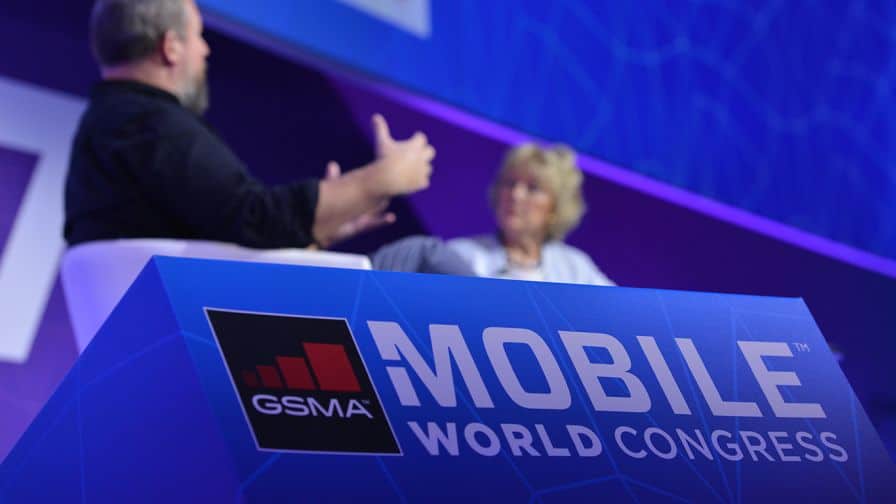From the advent of 5G, the latest developments in virtual reality to the coveted new Nokia 3310, this year’s Mobile World Congress certainly lived up to its reputation as the landmark date in the mobile marketer’s annual calendar.
With that in mind, we caught up with six figures with expertise in marketing on the smaller screen to find out what trends caught their eye in Barcelona this year.

We found that most conversations on our stand were about data quality for mobile targeting, as well as fraud detection. And fantastically for us, IP geolocation is being spoken about more than ever, as non-opted in location tools are proving a key driver for creating a really valuable and lasting connection with mobile users, as well as helping to combat online fraud. It will be interesting to see how the finance and marketing industries find new ways to utilise mobile data to better engage consumers in 2017.

Behaviour across channels and devices are already intertwined, with consumers using multiple channels simultaneously, or continually switching back and forth between them. The advent of 5G will become a major pillar for successful and engaged mobile communications, bringing hyper-speed connectivity to smartphones, creating fast networks with low latency and high security, and driving IOT and connected devices to the point of ubiquity. So although it doesn’t actually yet exist and there may be technical hurdles to overcome, the excitement around the potential of the ‘5G revolution’ is unmistakable.

Unsurprisingly, virtual reality was the star of the show. Conversations focused on practical applications of the tool, and how 5G will facilitate its use across devices such as Smart TV. Faster mobile data – fuelled by investments from Nokia and Samsung – will open up new opportunities across mobile advertising.

Marketers were keen to understand how VR can enhance existing mobile ad formats – such as wallpaper skins – and its applications as it expands its B2B capabilities. In addition, marketers wanted to be sure these new technologies would improve the user experience, instead of becoming an unwelcome disruption.
Autonomous vehicles present the next phase of connected devices. Peugeot showcased its latest development, a self-driving car which uses data collected from connected devices – such as mobile and fitness trackers – to adapt its driving style to reflect the driver’s mood.

Mobile operators now realise the potential of the valuable first-party data they have access to – driven by the massive growth in mobile advertising in all key global markets. More questions are now being asked about the technologies and strategies on offer – from the acquisition of ad tech platforms to data management integrations outside the network to new real-time in-network platforms that ensure compliance with legislation like the EU’s General Data Protection Regulation.
From talking to leading MNOs, it is obvious there is a growing understanding that integration with a genuinely open ecosystem enables them to monetise their data to its full scale and potential, versus making investments in additional advertising walled gardens.
There also seems to be an acknowledgement in the industry that safeguarding consumer information doesn’t have to be problematic – if telcos choose the right technology provider. It’s great news for advertisers, who could be granted access to high quality, real-time data across the entire open ecosystem on a global scale.


